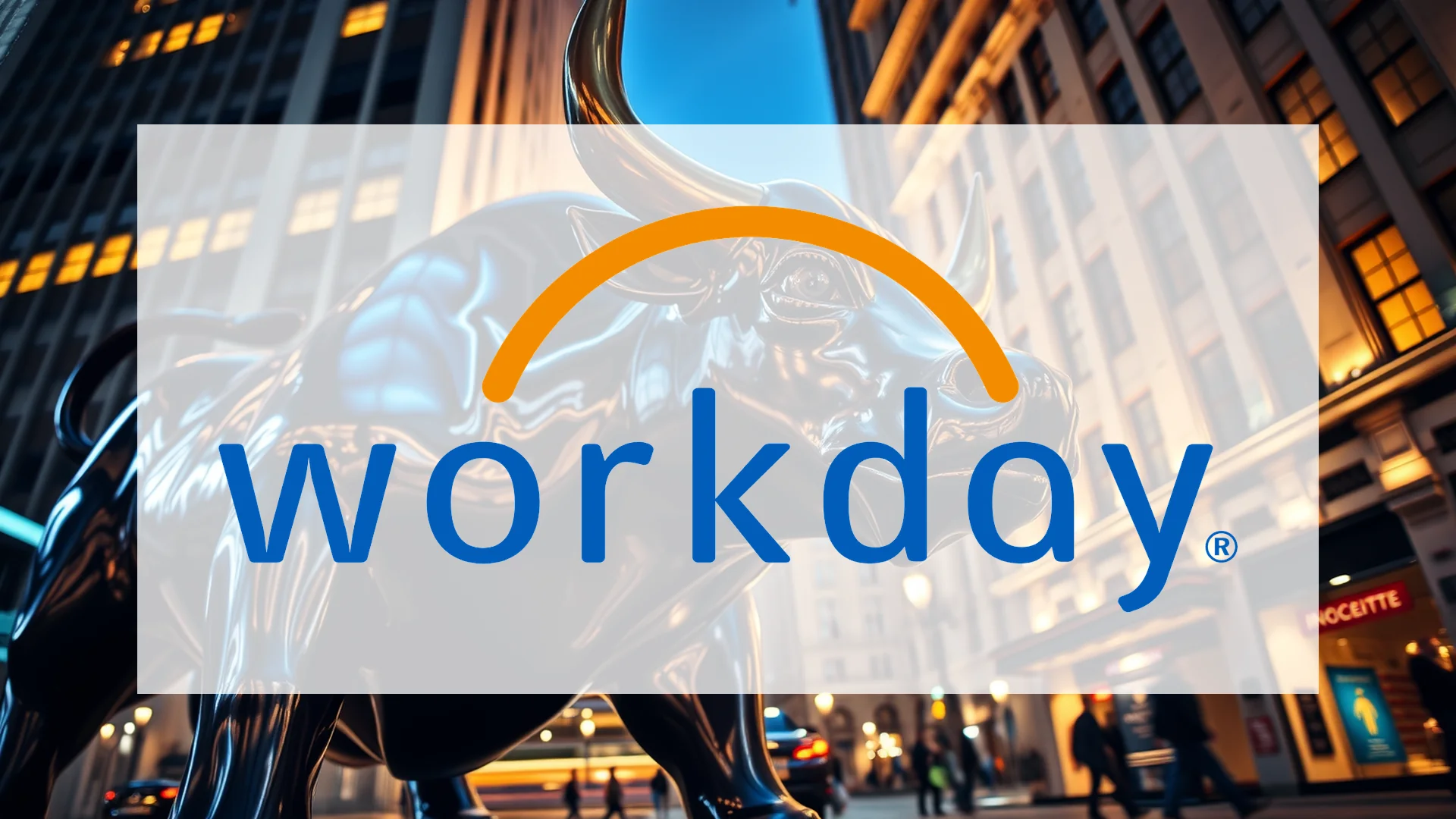Workday is making a massive strategic bet on artificial intelligence, but this focus has attracted significant legal and regulatory challenges that threaten to disrupt its plans. As the enterprise software leader showcased an impressive array of new AI products at its recent conference, it simultaneously faced a dual legal assault that questions the viability of its ambitious artificial intelligence roadmap.
Legal Challenge and Regulatory Shifts Create Headwinds
A federal court has granted class-action status to a nationwide lawsuit alleging that Workday’s AI-powered recruitment tools engage in systematic age discrimination against older job applicants. This legal action contends that the company’s algorithmic systems effectively filter out candidates based on age.
Compounding these legal troubles, Workday’s home state of California is implementing stringent new regulations governing automated decision-making systems, effective October 1. These rules specifically target AI utilization in hiring and promotion processes—core functions of Workday’s human resources platform.
Although Workday has dismissed the allegations as “baseless” and characterized the court’s decision as purely procedural, the timing presents significant challenges. The company finds itself defending its AI technology just as it commits billions toward expanding its artificial intelligence capabilities.
Aggressive AI Expansion Amid Mounting Pressure
Undeterred by these legal and regulatory obstacles, Workday continues to advance its AI initiatives with considerable momentum. The company’s recent acquisition of AI specialist Sana for approximately $1.1 billion signals its determination to become a dominant AI platform provider.
Should investors sell immediately? Or is it worth buying Workday?
During the mid-September Workday Rising conference, newly appointed CTO Peter Bailis unveiled a comprehensive suite of AI products, including:
- Workday Data Cloud for enhanced HR and financial data analytics
- Industry-specific AI agents tailored to various sectors
- Workday Build, a new developer platform
- A strategic collaboration with Microsoft to develop unified AI agents
The company’s financial performance provides a solid foundation for these investments. Workday’s most recent quarterly results exceeded expectations, reporting earnings of $2.21 per share and revenue totaling $2.35 billion. The subscription backlog grew by nearly 18%, indicating strong future revenue potential.
Divergent Analyst Perspectives on Workday’s Trajectory
Market analysts express mixed views on Workday’s prospects. While Zacks Research upgraded the stock to “Strong Buy” and Guggenheim moved to a “Buy” rating, DA Davidson maintains a “Neutral” stance despite raising its price target to $260. The consensus price target among analysts stands around $288, suggesting substantial upside from the current trading price of $246.
However, regulatory concerns may temper this optimism. California’s new regulations directly impact Workday’s core human capital management business. Should the age discrimination allegations gain traction, the company could face not only substantial financial penalties but also significant reputational damage with its customer base.
Navigating the AI Crossroads
Workday stands at a critical juncture. The company must demonstrate it can balance aggressive AI innovation with responsible implementation. The coming months will prove decisive in determining whether Workday’s artificial intelligence vision can withstand legal scrutiny and regulatory compliance demands, or if the software giant will become constrained by the very technology it seeks to champion.
Ad
Workday Stock: Buy or Sell?! New Workday Analysis from February 7 delivers the answer:
The latest Workday figures speak for themselves: Urgent action needed for Workday investors. Is it worth buying or should you sell? Find out what to do now in the current free analysis from February 7.
Workday: Buy or sell? Read more here...













